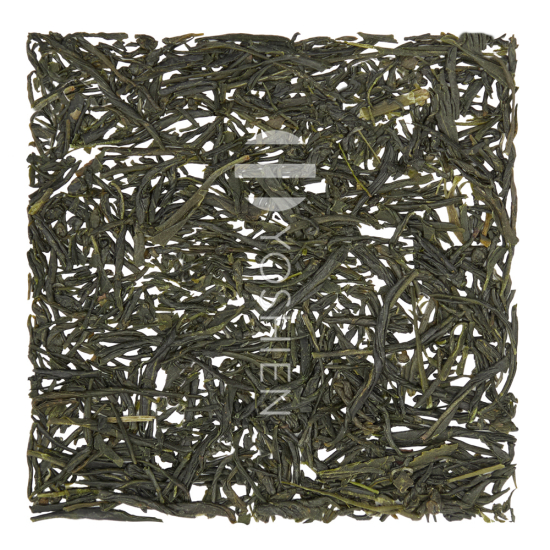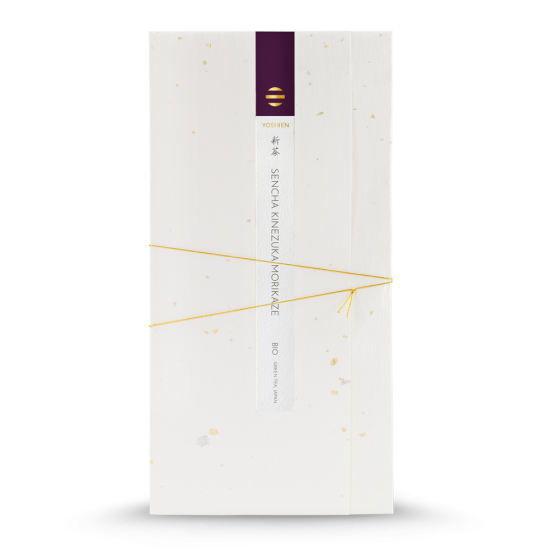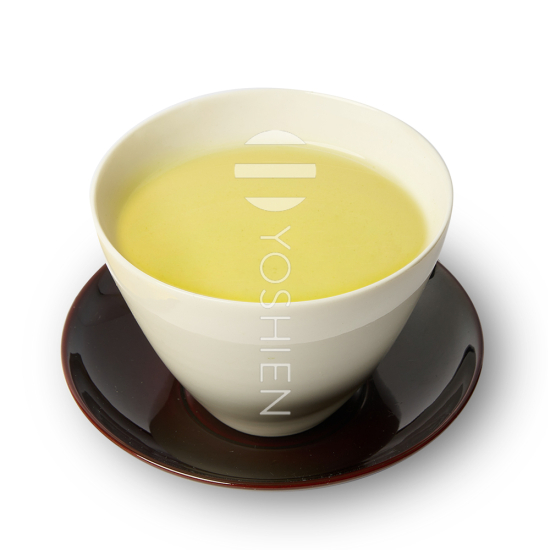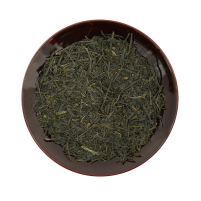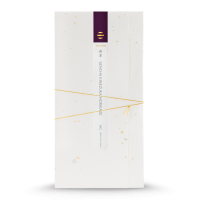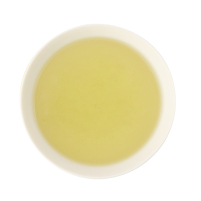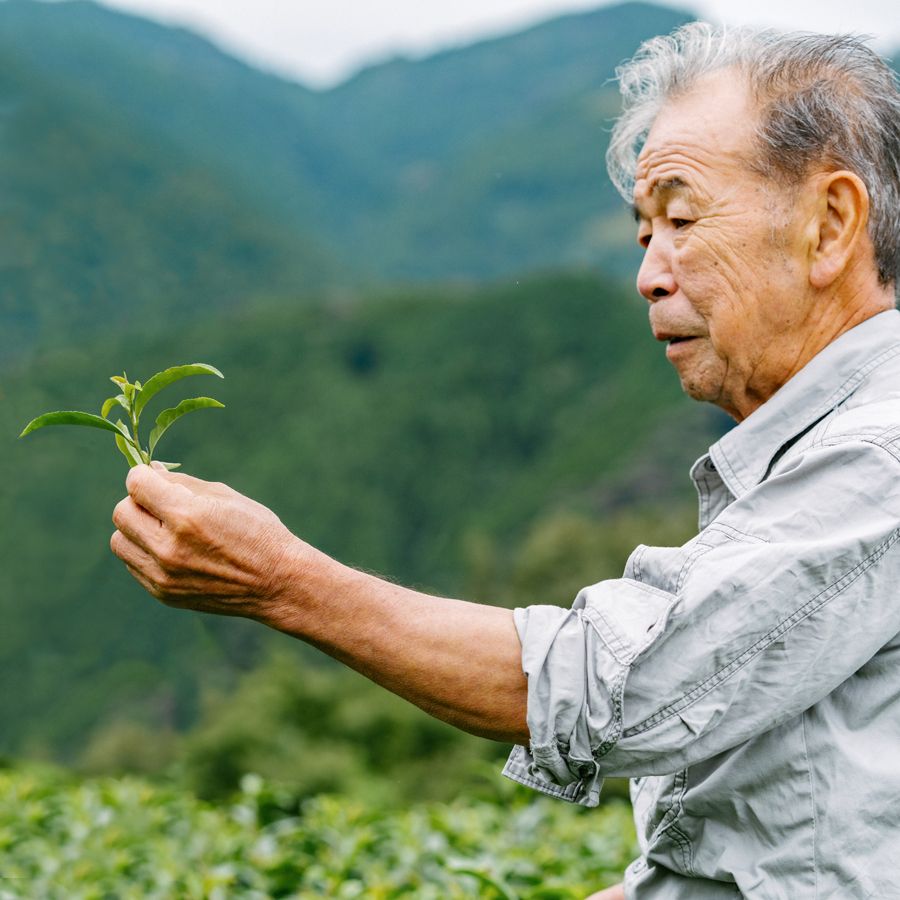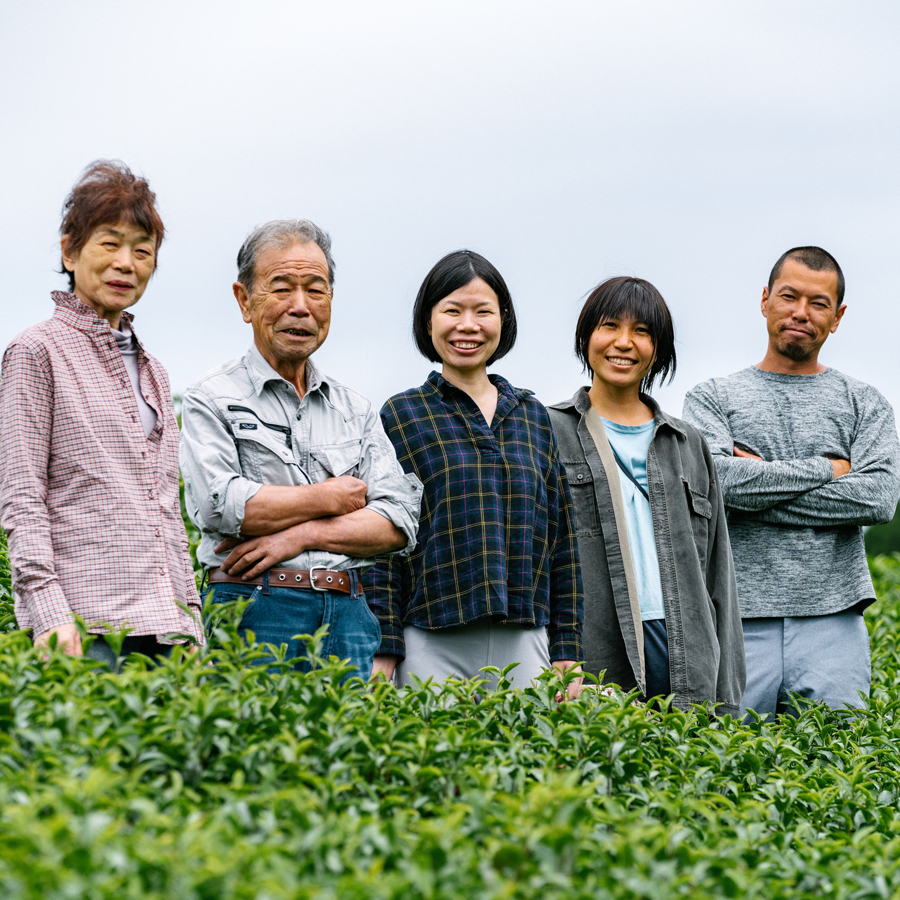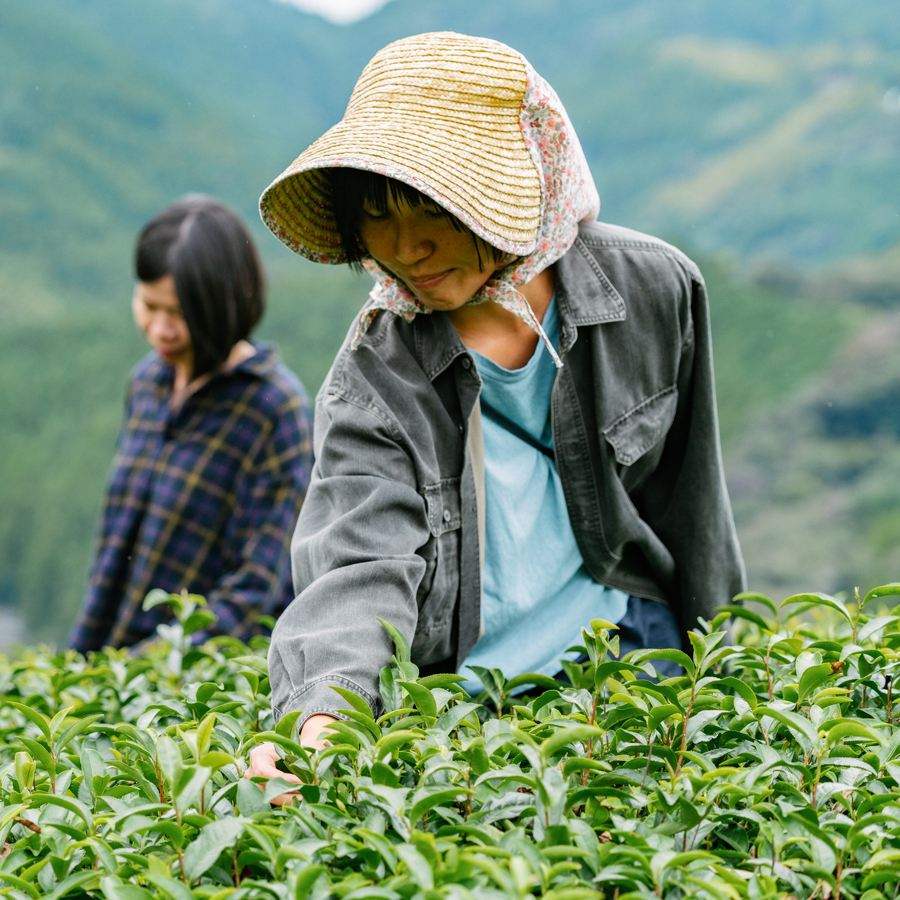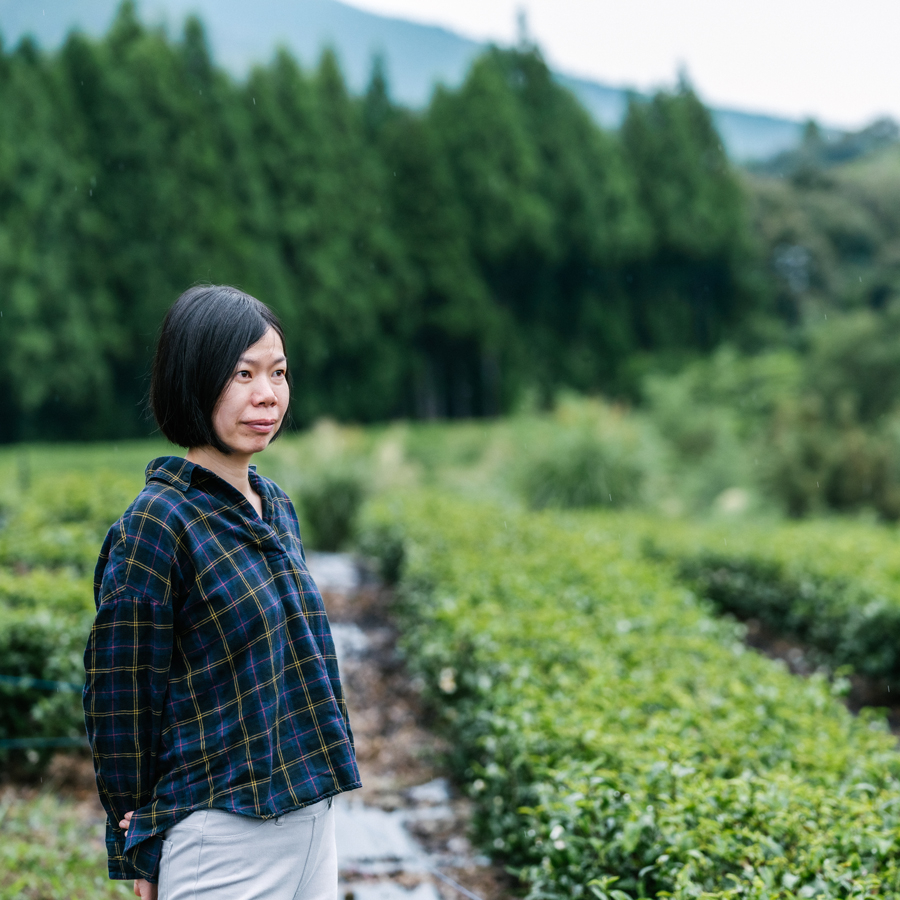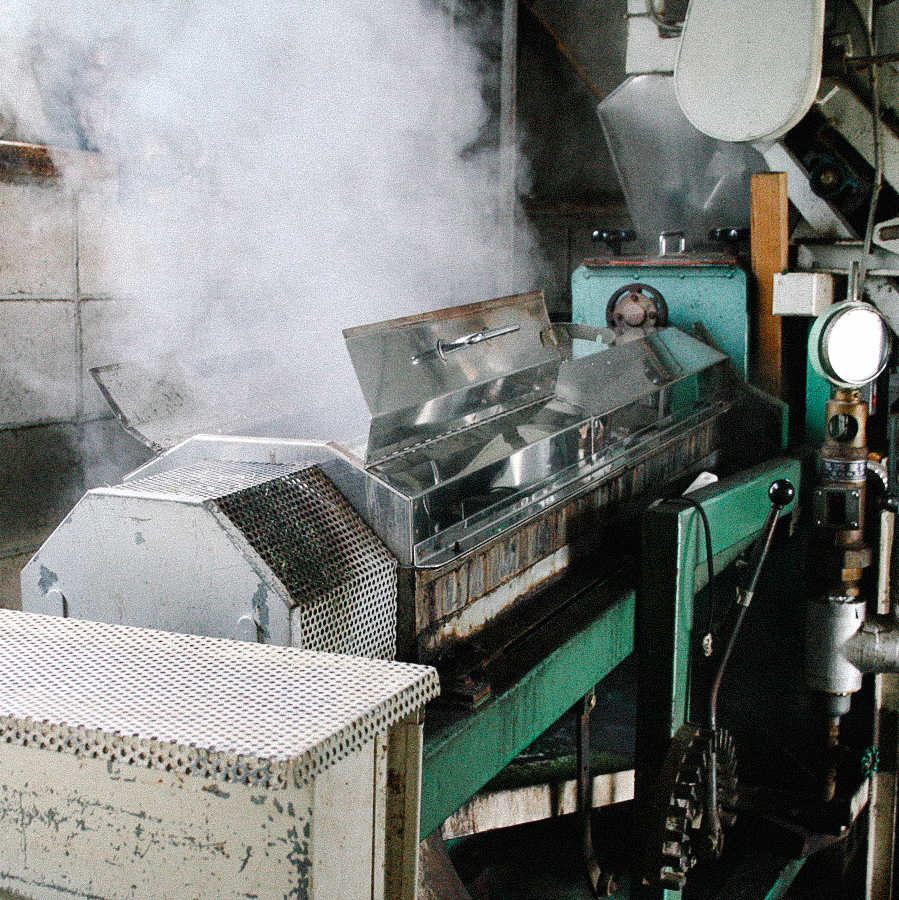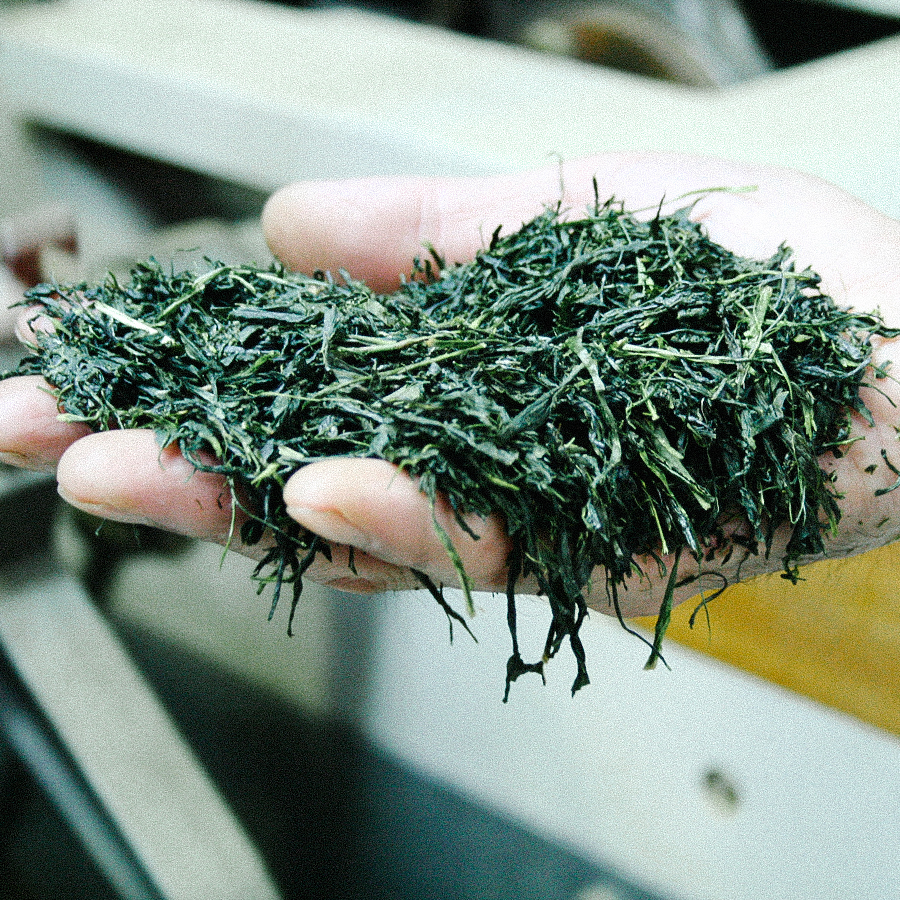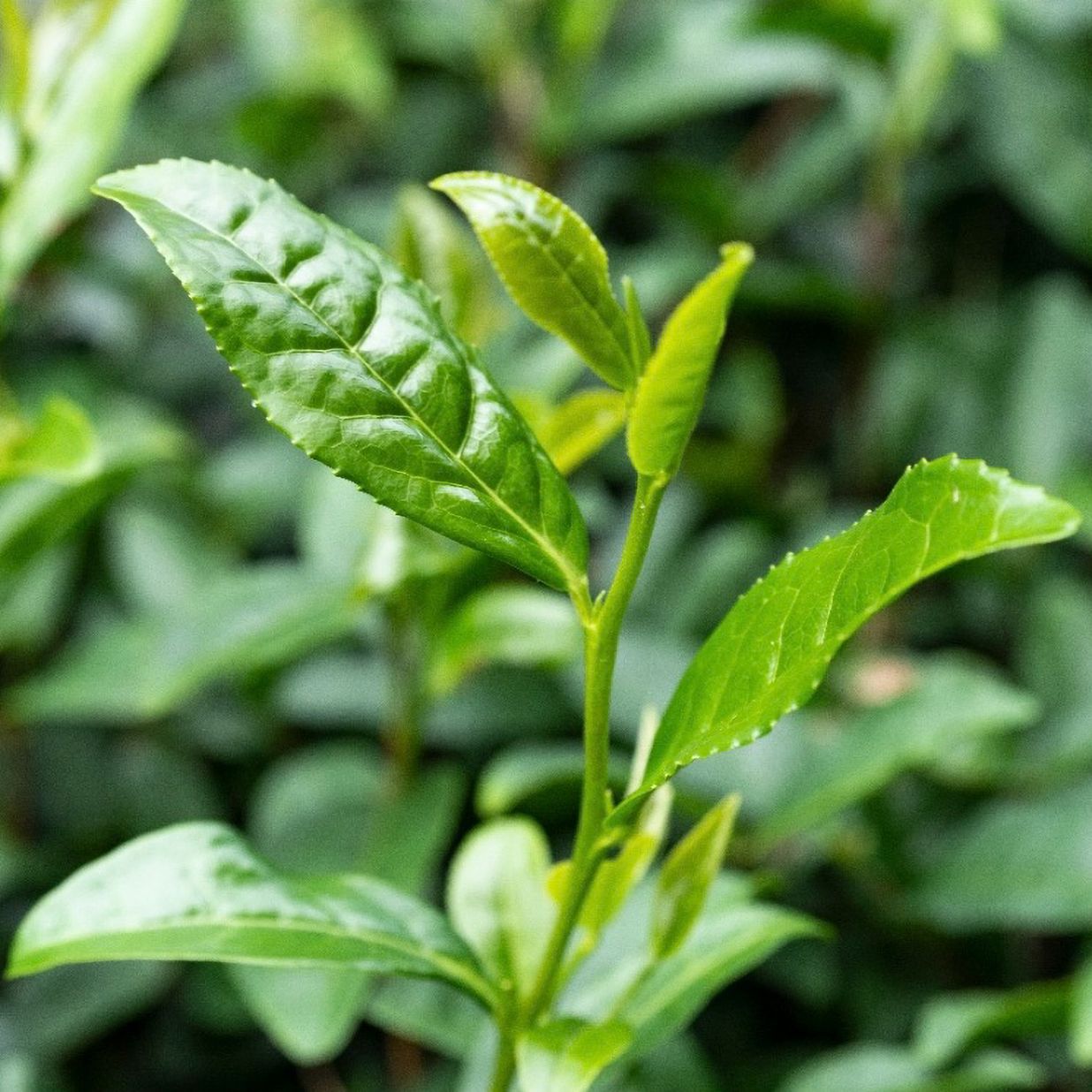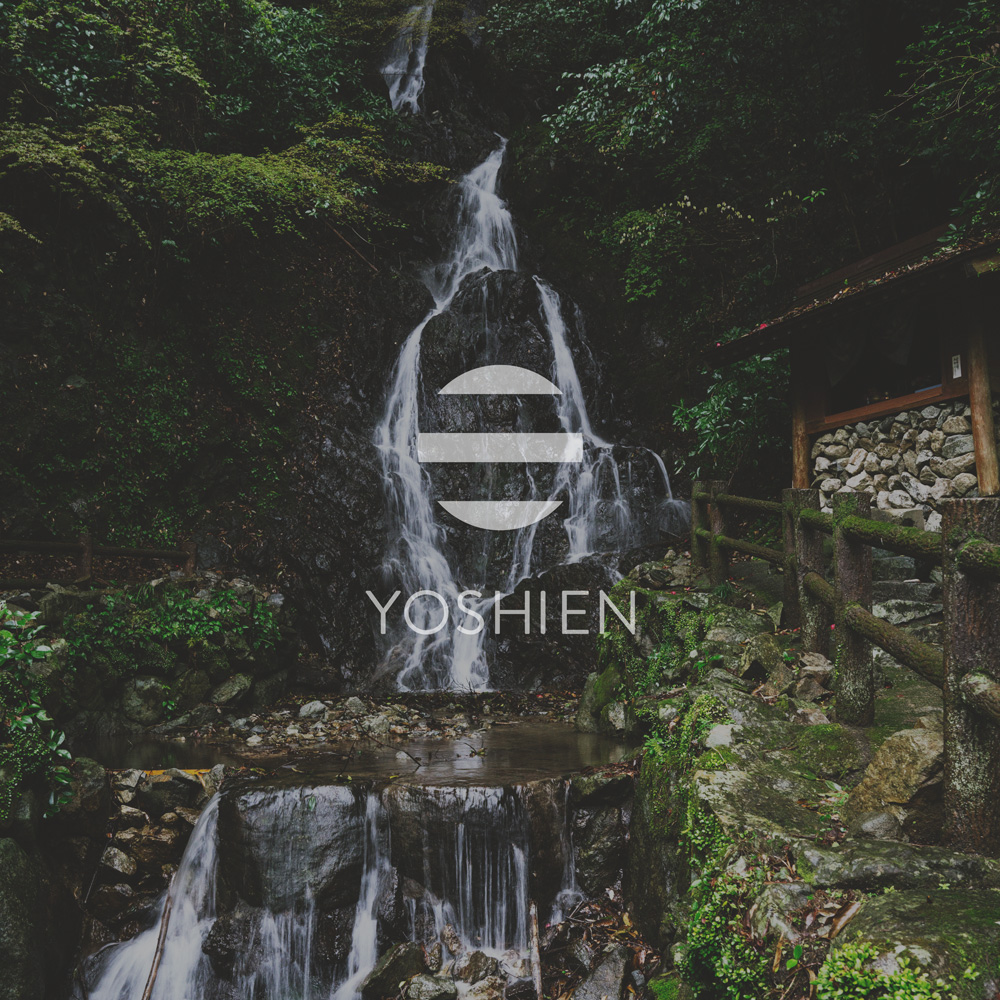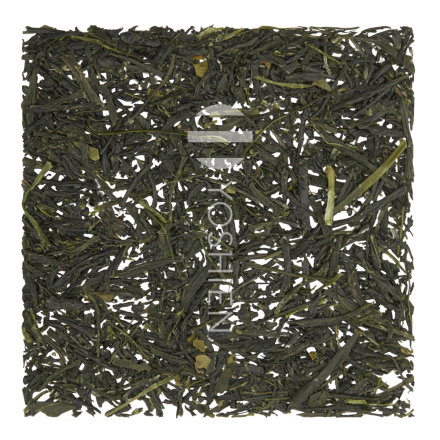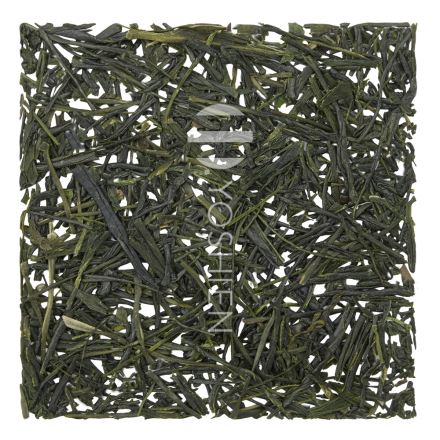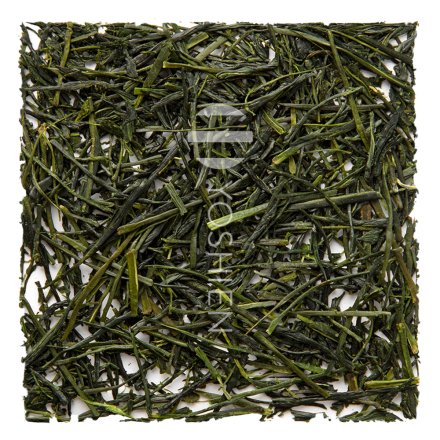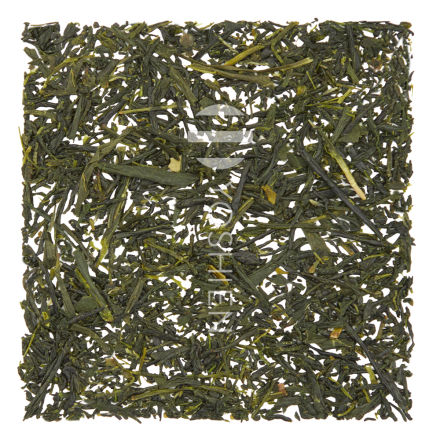3 heaped teaspoons (approx. 7g), 60 °C, 100–300 ml, steep for 2 minutes for a particularly gentle infusion that preserves valuable amino acids and vitamin C, while remaining mild in bitterness. Suitable for up to four further infusions, each with a steeping time of 10–30 seconds (we recommend increasing the temperature to 70–80 °C for subsequent infusions).
Alternatively, the following preparation methods may be used:
• 70 °C, 1.5 min: A balance of fresh and deep notes, intense, slightly bitter, brings out the catechins and caffeine (a balance of relaxation and vitality)
• 80 °C, 1 min: Umami and sweetness in the background, deep grassy notes, pleasantly hot drinking temperature, moderate bitterness, emphasises the catechins and caffeine (invigorating)
Packaging
Packaged in a high-quality, airtight, resealable standing zipper pouch with 9 protective layers to preserve flavour and protect against oxidation and contamination.
Recommended Tea Pot
Ideal is a Banko Kyusu made from 100% original purple Banko clay. This special clay, when fired in reduction, brings out the unique flavour components of Gyokuro including its amino acids and chlorophyll. Vintage Kyusus made before 1990 could still be made entirely from original clay sourced from the Banko region, now a rarity. Alternatively, a high-quality Shiboridashi without a handle, popular among Gyokuro enthusiasts, is also suitable for infusions rich in umami.
Recommended Tea Caddy
We recommend a high-quality tea caddy made from cherry bark (solid wood, Kabazaiku Chazutsu) or an elegant, handcrafted Kaikado metal tea caddy, especially to keep the tea fresh for a longer amount of time. As a more affordable alternative, an airtight tea caddy with an inner coating is also an excellent option.




